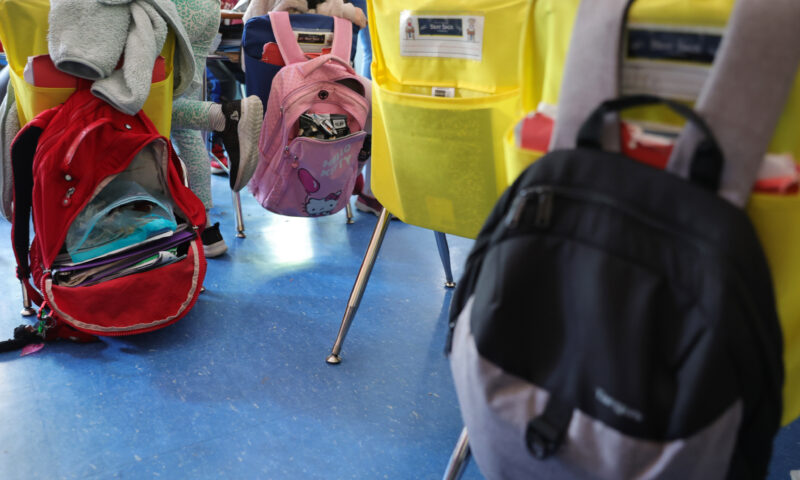

Special education teachers fear the Trump administration’s funding cuts and layoffs will unravel progress for millions of students with disabilities.


Drastic times and drastic measures come to California. Many Black leaders see Proposition 50 as necessary to neutralize a GOP power grab that endangers bedrock civil rights.


The Golden State has surged past the South and other regions in reversing racial and ethnic integration among children.


The Trump administration’s high-profile anti-DEI campaign aims to do more than shut down programs in California and beyond.
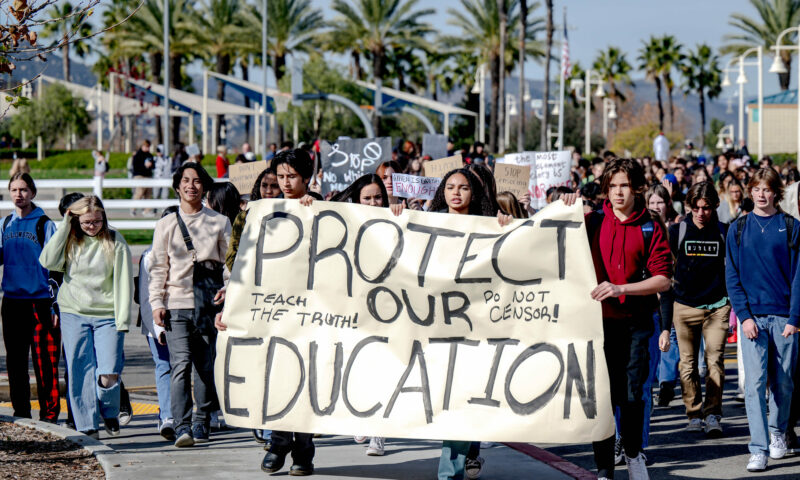

It may take state supreme courts and new legislation to find a cease-fire in the K-12 battles over parental rights and student privacy.


Taking the time to find out what California’s hurting immigrant children need.


A new poll of teachers sounds a red alert for public education in the state.


With community schools, acting locally is proving a winning idea.
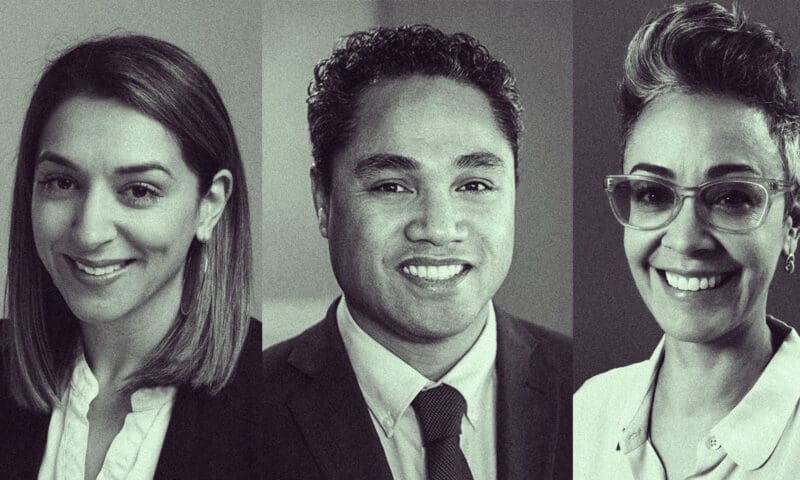

Deluge of outside funds signals a national strategy for replacing elected officials.


Climate coaches and mental health counselors are now part of a $36.5 million Black Student Achievement Plan.


Kids are more susceptible to new coronavirus strains, leading some experts to rethink their stance on reopening classrooms.
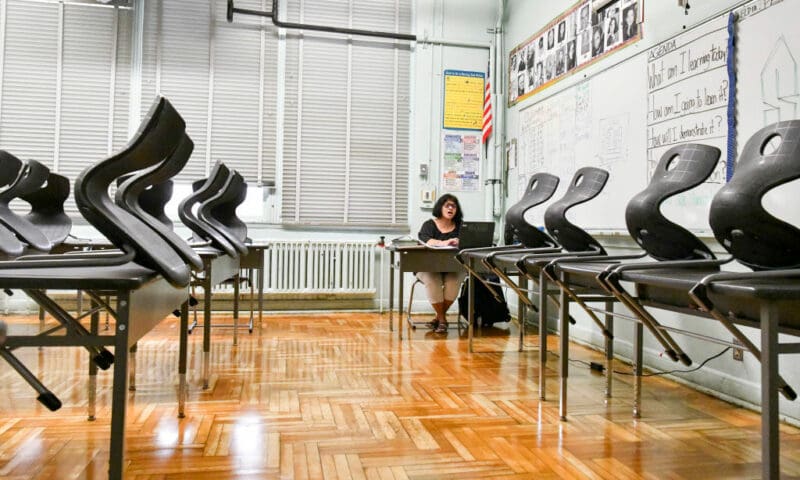

LAUSD survey data shows most families prefer online instruction for the remainder of the school year.


While many struggle in the shadow of COVID-19, CEO compensation has never been so good.


Frank Lara, a teacher in San Francisco’s Mission District, discusses the challenges of distance learning as the fall semester begins.


The headless-chicken days of March. Zoom crashes. Parents against PPE. And yet teacher stress levels are returning to normal.
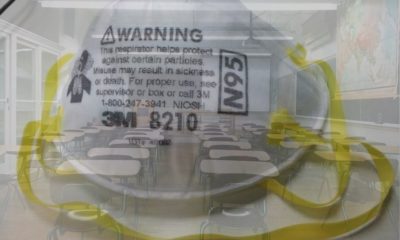

Middle school is where many students branch out academically. Some seem to thrive online, while others have “dropped off the map.”
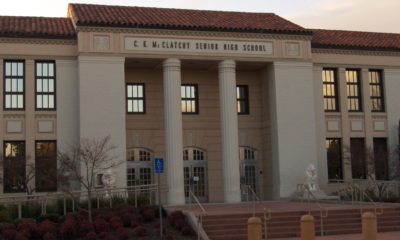

Teachers are trying new ways to make online learning work. Getting students to turn on their screens can sometimes be the hardest part.


This week a new series examines the fears and frustrations of teachers facing a new year of distance learning.
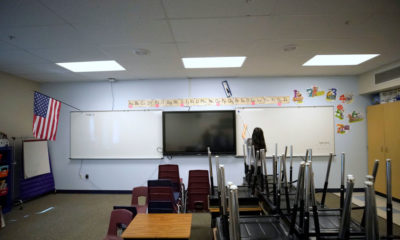

While some kids spend class time looking at age-inappropriate YouTube videos, their teachers search for ways to connect with them.
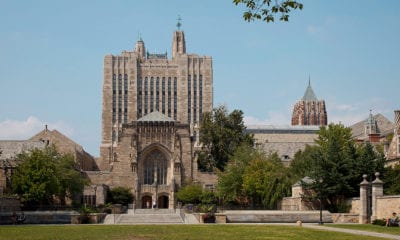

The billionaire’s controversial training program has found a new home at Yale University.